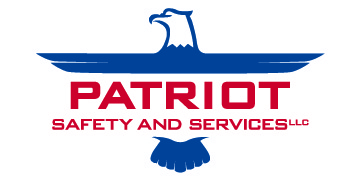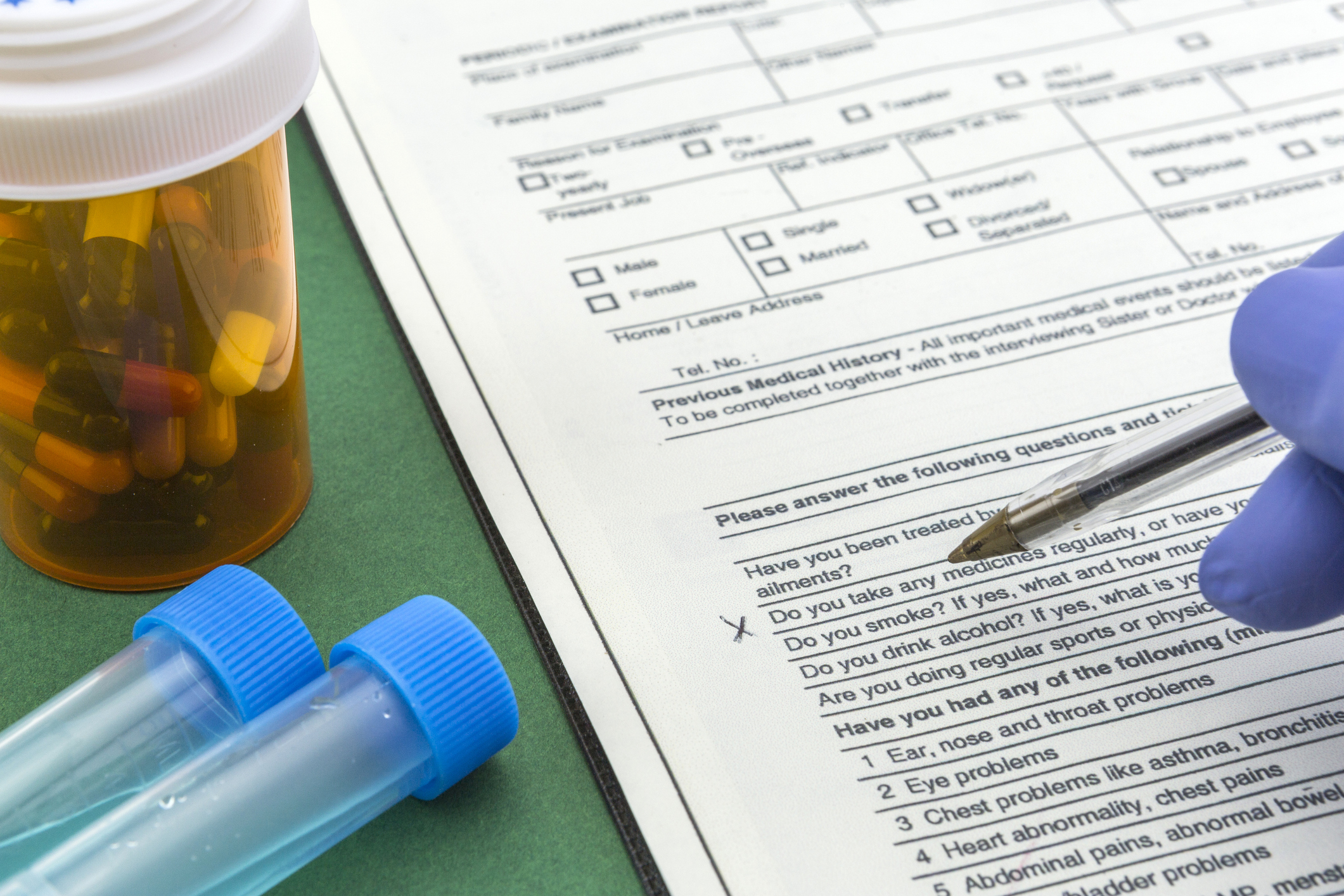Introduction to Drug Testing
Drug testing has long been a cornerstone of workplace safety and compliance. Employers rely on drug testing to ensure that workers in safety-sensitive positions remain fit for duty and that businesses meet federal, state, and industry regulations. From pre-employment screenings to post-accident testing, drug testing provides an essential safeguard for organizations and communities.
As regulations evolve and workplace dynamics shift, drug testing is expanding beyond its traditional role. It is becoming an integral part of digital compliance systems, predictive risk management, and long-term workforce accountability strategies.

Why Drug Testing Remains Essential
Despite changing laws and shifting cultural attitudes toward substances like marijuana, drug testing continues to be vital. Employers face liability risks, insurance challenges, and reputational damage if they fail to implement consistent drug testing programs.
Drug testing prevents impaired individuals from operating in safety-sensitive environments, where mistakes can cause accidents, injuries, or fatalities. It also serves as documented proof that an employer is taking reasonable steps to protect employees, customers, and the public.
Drug Testing and Workforce Accountability
Accountability is a core value in modern workplaces. Drug testing enforces accountability by applying consistent standards across the workforce. Employees understand that compliance is not optional, which strengthens trust and fosters a culture of responsibility.
Regular drug testing also acts as a deterrent. When employees know they may be tested at random or following an incident, they are less likely to engage in risky behavior. Over time, drug testing helps build stronger teams grounded in reliability and transparency.
Technology and Drug Testing
Technology is transforming the way drug testing is managed. Employers now use digital platforms to automate random pool selections, schedule collections, and access results in real time. Cloud-based compliance systems store records securely, making them audit-ready and easily retrievable.
Advances in drug testing technology also improve accuracy and reduce turnaround times. Mobile-enabled solutions and on-site drug testing units make drug testing accessible in remote locations, while new testing methods, such as oral fluid testing, offer faster, less invasive results.
Drug Testing in the Era of Legal Marijuana
One of the most significant challenges in drug testing today is the legalization of marijuana across many states. Employers must navigate the tension between employee rights and workplace safety.
In safety-sensitive industries regulated by the Department of Transportation, drug testing remains mandatory regardless of state marijuana laws. For non-regulated employers, policies must balance compliance with state labor laws while maintaining accountability.
Drug testing is evolving to include impairment-based approaches, which focus on an employee’s ability to perform tasks safely rather than simply detecting the presence of THC. This shift highlights the adaptability of drug testing in a changing legal environment.
Drug Testing and Insurance Implications
Insurance carriers increasingly evaluate drug testing programs when setting premiums and coverage terms. Employers who implement consistent drug testing policies demonstrate proactive risk management, which insurers reward with more favorable terms.
In the event of a claim, insurers often require proof of compliance. Employers with documented drug testing programs are better positioned to protect their financial stability and secure successful claim outcomes.
Multi-State and Remote Workforce Challenges
Many businesses today operate across multiple states or manage remote teams. Drug testing ensures that compliance standards remain consistent across diverse jurisdictions.
Nationwide testing networks and mobile collection units allow employers to coordinate drug testing across locations without delays. For remote hiring, digital compliance tools integrate drug testing with background checks, physicals, and onboarding, creating a seamless process.
Customizing Drug Testing Programs
Not every business has the same risks or compliance obligations. Customizing drug testing programs allows employers to target specific needs.
Construction companies may focus on post-accident and reasonable suspicion testing. Healthcare organizations may emphasize pre-employment and random testing. Logistics companies may prioritize DOT-compliant random pools. By customizing policies, drug testing becomes both effective and efficient.
Future Trends in Drug Testing
The future of drug testing will involve greater reliance on technology and predictive tools. Emerging trends include:
- Continuous monitoring of employee compliance.
- AI-driven analysis of testing data to identify risk patterns.
- Expanded biometric verification to improve accuracy.
- Stronger integration with HR, payroll, and compliance dashboards.
These trends will position drug testing as a central component of workforce management, not just a regulatory obligation.
Public Trust and Drug Testing
Public trust is one of the most valuable assets for any business. Customers and communities expect organizations to maintain safe, accountable workforces. Drug testing provides visible proof of this commitment.
By consistently applying drug testing policies, employers demonstrate their dedication to protecting employees, customers, and the public. This transparency strengthens reputation and fosters long-term trust.
Why Employers Partner with Professional Drug Testing Providers
Managing drug testing internally can overwhelm HR and compliance teams. Employers partner with professional providers like Patriot Safety and Services for reliable, compliant, and scalable drug testing programs.
Professional providers offer certified collectors, nationwide networks, secure reporting systems, and compliance consulting. They ensure that every test is legally defensible, accurate, and audit-ready, giving employers confidence in their compliance strategies.
Drug Testing as a Long-Term Strategy
Drug testing is more than a regulatory requirement, it is a long-term strategy for compliance, accountability, and workforce safety. By integrating technology, customizing programs, and adapting to legal changes, employers can strengthen operations and reduce risks.
As industries face evolving laws and workplace dynamics, businesses that prioritize drug testing will be better prepared to protect their workforce, reduce liability, and maintain public trust. Patriot Safety and Services delivers professional drug testing solutions designed to keep employers compliant today and resilient for the future.





